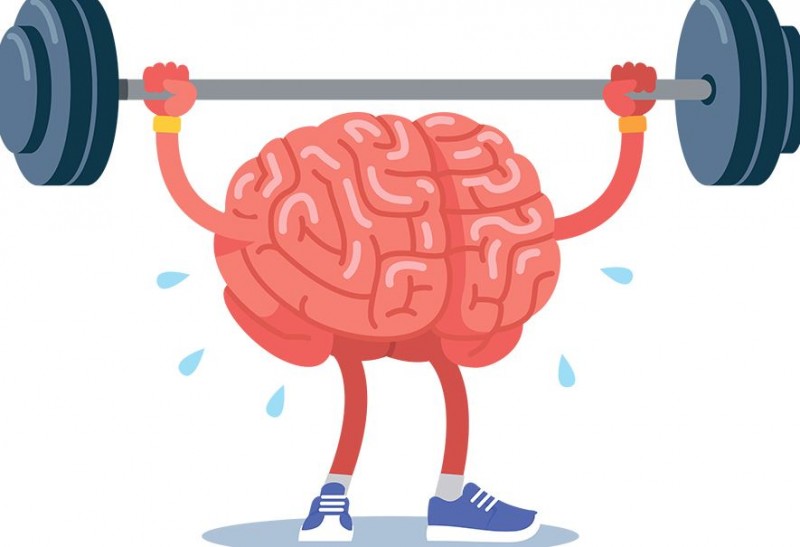
Regular physical activity has numerous benefits for both physical and mental well-being. Engaging in regular exercise not only improves your physical fitness but also has a positive impact on your mental health. This article explores the various benefits of regular physical activity for mental health and highlights the importance of incorporating exercise into your daily routine.
1. The Connection between Physical Activity and Mental Health
Regular physical activity has been found to have a profound impact on mental health. The connection between physical activity and mental well-being is well-documented, with numerous studies highlighting the positive effects of exercise on reducing symptoms of mental health disorders, improving mood, and enhancing overall psychological well-being.
2. Reduced Risk of Depression and Anxiety
Engaging in regular physical activity has been shown to reduce the risk of depression and anxiety. Exercise stimulates the release of endorphins, which are natural mood-boosting chemicals in the brain. These endorphins help alleviate symptoms of depression and anxiety, providing a natural and effective way to improve mental health.
3. Increased Release of Endorphins
Physical activity triggers the release of endorphins, also known as "feel-good" hormones. These endorphins act as natural painkillers and mood elevators, reducing feelings of stress, anxiety, and depression. Regular exercise can help you experience a sense of well-being and happiness.
4. Improved Cognitive Function
Regular physical activity has been linked to improved cognitive function and mental clarity. Exercise increases blood flow to the brain, delivering essential nutrients and oxygen that support brain health. This boost in blood flow enhances memory, attention, and overall cognitive performance, contributing to better mental functioning.
5. Enhanced Stress Management
Physical activity is an excellent way to manage and reduce stress. Exercise helps your body produce more norepinephrine, a chemical that moderates the brain's response to stress. By engaging in regular physical activity, you can effectively manage stress levels, promote relaxation, and improve your ability to cope with everyday challenges.
6. Boosted Self-Esteem and Body Image
Regular physical activity plays a significant role in boosting self-esteem and improving body image. Engaging in exercise can lead to weight loss, increased muscle tone, and improved physical appearance, which can positively impact how you perceive yourself. Furthermore, physical activity promotes feelings of accomplishment and self-worth, enhancing overall self-esteem.
7. Promotion of Better Sleep Patterns
Physical activity has been shown to promote better sleep patterns. Regular exercise can help regulate sleep cycles, improve sleep quality, and reduce the occurrence of insomnia. By incorporating physical activity into your routine, you can experience more restful and rejuvenating sleep, leading to improved mental health and overall well-being.
8. Social Interaction and Community Engagement
Participating in physical activities often involves social interaction and community engagement. Whether it's joining a sports team, attending group fitness classes, or simply exercising with friends or family, physical activity provides opportunities to connect with others. Social interaction and community engagement have been proven to have positive effects on mental health, reducing feelings of isolation and improving overall happiness.
9. Increased Brain Plasticity and Neurogenesis
Regular physical activity has been found to promote brain plasticity and neurogenesis, the growth and development of new brain cells. Exercise stimulates the production of brain-derived neurotrophic factor (BDNF), a protein that supports the growth of neurons and enhances synaptic connections. This process improves learning, memory, and cognitive function, contributing to better mental health.
10. Prevention and Management of Mental Health Disorders
Engaging in regular physical activity can play a crucial role in preventing and managing various mental health disorders. Exercise has been shown to be effective in reducing symptoms of conditions such as depression, anxiety, bipolar disorder, and schizophrenia. It can be used as an adjunct to other treatment modalities or as a standalone intervention to support mental well-being.
Regular physical activity offers numerous benefits for mental health. From reducing the risk of depression and anxiety to improving cognitive function and stress management, exercise has a profound impact on overall well-being. By incorporating regular physical activity into your daily routine, you can experience enhanced mental health, increased self-esteem, better sleep, and improved overall quality of life.
Understanding and Managing Chronic Conditions